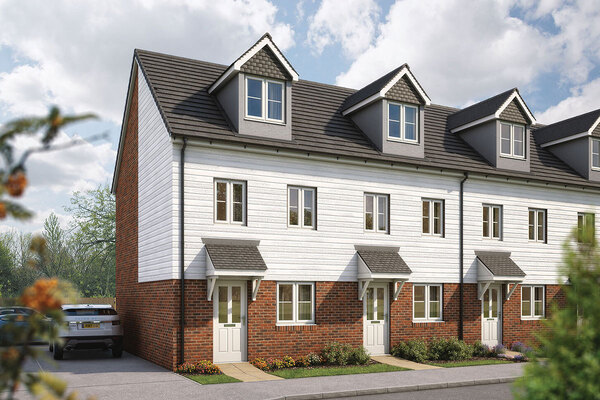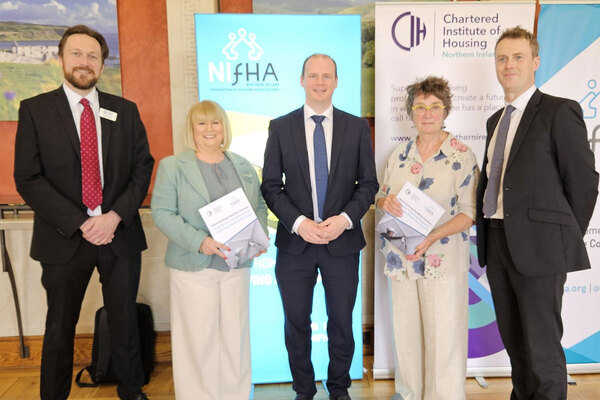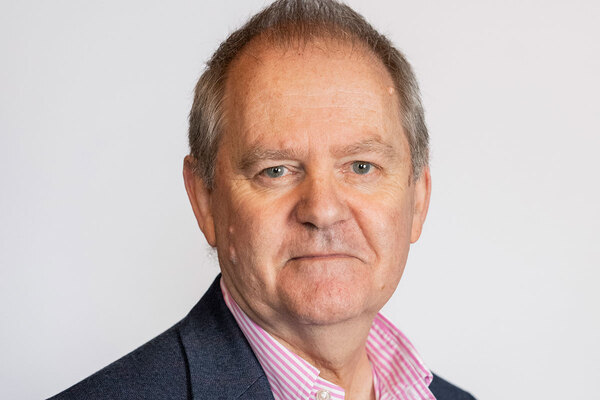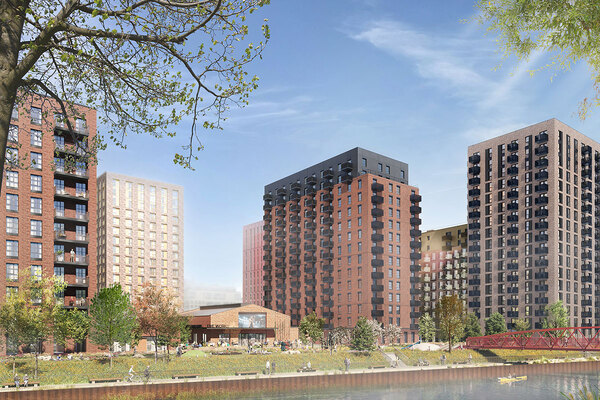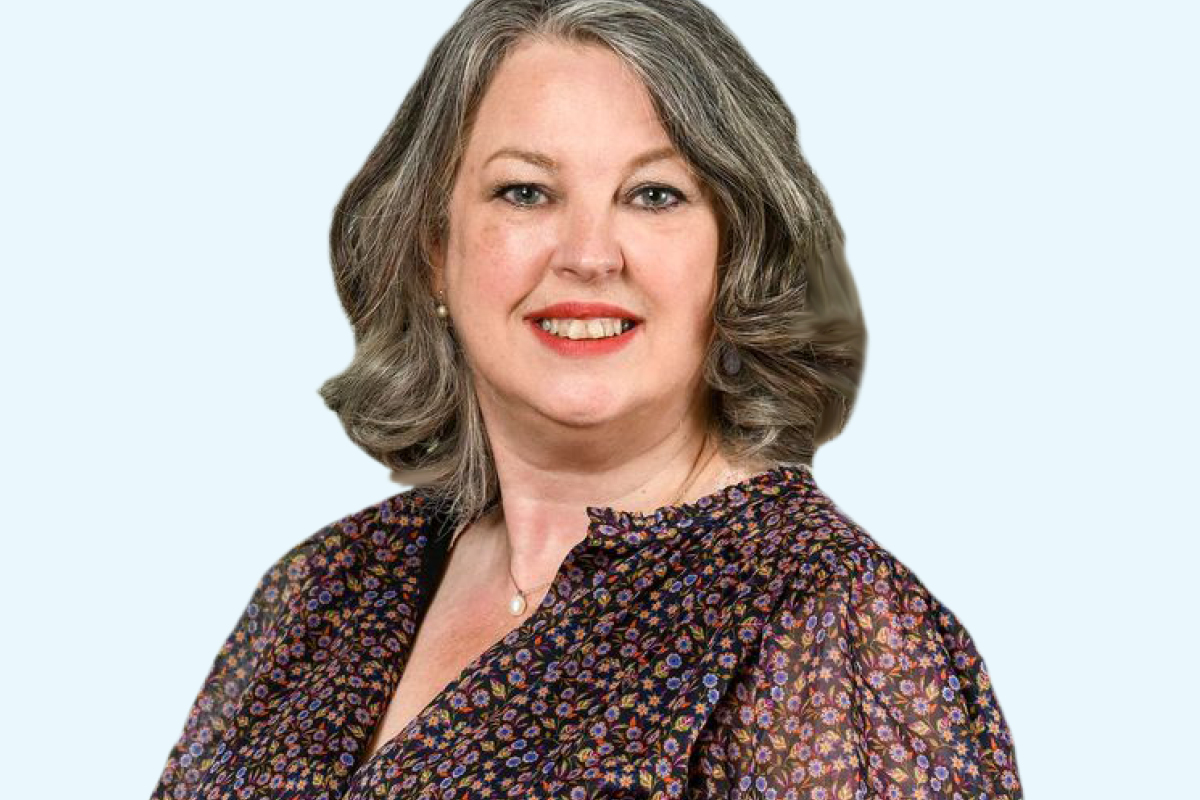For-profit Heylo boosts revenue despite ‘challenges’ from non-compliant status
Heylo’s for-profit has seen its annual revenue rise by around a quarter despite “significant challenges” after being found non-compliant with the English regulator’s standards 16 months ago.
Heylo Housing Registered Provider, which has financial backing from asset management giant BlackRock, saw its turnover increase to £27.5m in the year to the end of September 2023, from £22.2m the year before.
The for-profit grew the number of shared ownership homes it has a leasehold interest in to 7,404, which was a 13% year-on-year increase.
Writing in the firm’s annual accounts, Heylo’s chair David Montague and chief executive Andrew Géczy said it had been a year of “consolidation”.
Heylo was handed non-compliant G3/V3 grades by the Regulator of Social Housing (RSH) in December 2022 after “issues of serious regulatory concern” were found.
The RSH said that Heylo’s business model posed a “significant risk” to the for-profit’s ability to protect its social housing assets and “ensure its long-term viability”.
Mr Montague, the former long-serving chief executive of L&Q, and Mr Géczy said that the firm had been working “closely” with the regulator to make improvements.
However an undertaking proposed to the RSH in February 2023, around two months after it was publicly found non-compliant, had “yet to be formally accepted”, they wrote.
“Despite the signifiant challenges that this has brought to the business, we have continued, albeit at a much more cautious pace, to work towards our strategic goals and our mission,” they added.
Heylo previously said in its 2021 accounts that it wanted to grow its portfolio to 17,000 homes within five years.
Heylo Housing Registered Provider leases homes from property investment companies within the Heylo Group and onward leases them to customers on a shared ownership basis. As a result, it does not register a profit or a loss, the company said.
The wider Heylo Housing Group, which has a leasehold interest in 8,500 shared ownership homes, reported a post-tax loss of £29m in the year to the end of September 2023. This came partly due to the loss of fair value on a loan and higher interest costs.
Mr Montague and Mr Géczy also said in their statement that “political turbulence” and the continuing cost of living crisis had impacted the business.
“We have had to adapt and adjust as inflation continued to rise during the year, and interest rates followed,” they wrote.
In February last year Heylo effectively capped rent increases at 7%, which equated to the same cap put in place by the government for not-for-profit providers.
A Heylo spokesperson said: “The release of our annual accounts is a matter of public record, and they reflect our ongoing work to support our customers.
“As the report details, we continue our engagement with the regulator and our steadfast determination to address the concerns raised within the regulatory judgement issued in December 2022.
“We proposed a voluntary undertaking and action plan to the regulator and our discussions with them on this matter are continuing in a positive way.”
Meanwhile, Priya Nair, who served as a director for Heylo’s registered provider for four years, resigned from the firm in February, according to Companies House. Ms Nair became chief executive of The Housing Finance Corporation last month.
Lord Andrew Adonis, former Labour transport secretary, remains a board member and director of Heylo Housing Registered Provider, according to its website and Companies House records.
In 2021, Heylo agreed £362.5m of funding from BlackRock to acquire 3,000 shared ownership homes.
Sign up for our development and finance newsletter
Already have an account? Click here to manage your newsletters


